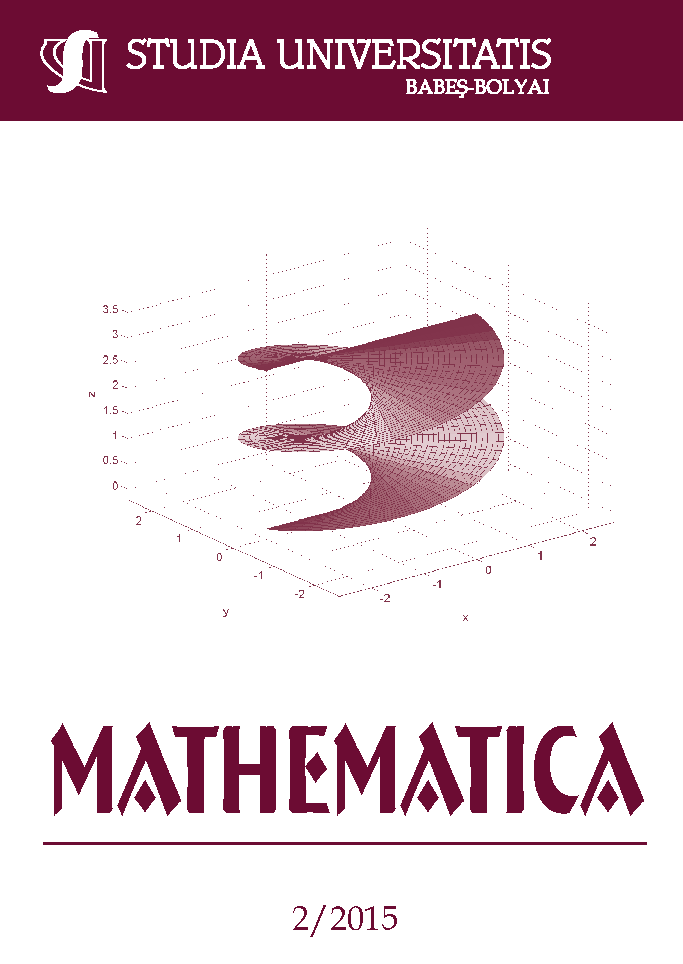Alexander B. Kharazishvili, Set Theoretical Aspects of Real Analysis, CRC Press, Taylor & Francis Group, Boca Raton 2015, xxii + 433 pp, ISBN: 13: 978-1-4822- 4201-0.
Abstract
As it is well known the Axiom of Choice (AC) plays a fundamental role in mathematics, many fundamental results depending on it, or even being equivalent to it. At the same time the acceptance of AC, i.e. working within ZFC (Zermelo- Frenkel set theory + AC), leads to counterintuitive and paradoxical results, the most intriguing being the Banach-Tarski paradox. On the other side, the restriction to ZF axioms also leads to paradoxical situations as, for instance, the possibility to represent the set R of real numbers as a countable union of countable sets (see page 11 of the book). For these reasons the mathematicians tried to understand to what extent some results depend essentially on AC, or on some weaker variants: Countable Choice (CC), Dependent Choice (DC), Product Countable Choice (PCC), Continuum Hypothesis (CH), Martin's Axiom (MA). Some of the results equivalent to AC are: (1) Tychonov's theorem on the compactness of the product of compact spaces; (2) Kuratowski-Zorn lemma on the existence of maximal chains in partially ordered sets; (3) the total ordering of cardinal numbers; (3) the existence of a Hamel basis in any vector space. Other results, as (i) the existence of nonmeasurable subsets of R; (ii) the existence of subsets of R not having the Baire property; (iii) the existence of a Hamel basis in R (considered as a vector space over Q); the Hahn-Banach theorem, cannot be proved within ZF and need some uncountable forms of the AC. As it is known, Solovay constructed a mathematical theory based on ZF plus the existence of a nonmeasurable Lebesgue set, taken as an axiom.Downloads
Published
How to Cite
Issue
Section
License
Copyright (c) 2015 Studia Universitatis Babeș-Bolyai Mathematica

This work is licensed under a Creative Commons Attribution-NonCommercial-NoDerivatives 4.0 International License.


